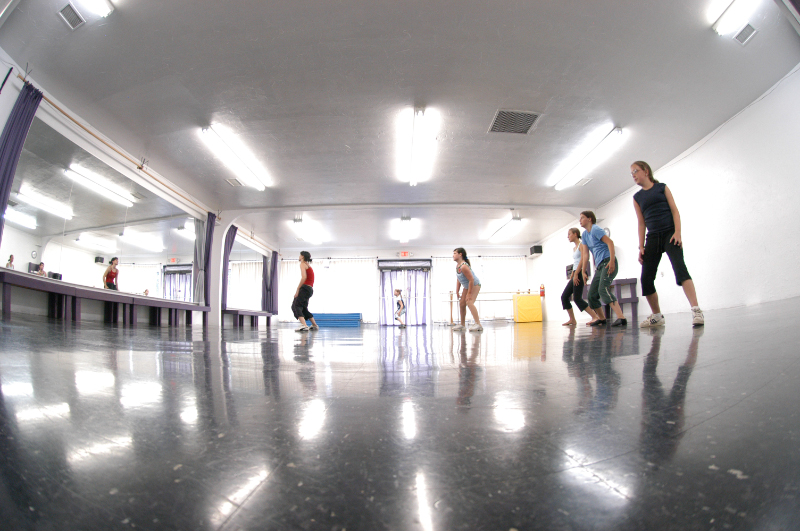
As a ventriloquist, I regularly practice in front of a mirror. My practice studio has a large one permanently mounted on the wall.
It is very helpful as I work on the character animation to be able to see how it looks by watching myself in the mirror. Each character needs to act and react, just like in a traditional play.
Sometimes, especially as I am developing a new bit, I will spend hours working on nuanced movement for delivery of a single line of dialog, looking for the precise motion to get the biggest reaction. If I have a joke that I know in my gut is a good joke, but it is not getting the laughter that I think it should, I go back to the mirror and work on the delivery, adjusting timing, phrasing, and gestures.
Dancers often practice in front of a mirror. The dance studio where my kids studied has a wall full of floor-to-ceiling mirrors. It was an essential tool for them to learn movement.
That wall of mirrors in the dance studio also has a curtain that can be drawn across the entire expanse. So does the mirror in my practice studio.
Why? Because at a certain point in the rehearsal process you need to shift from thinking of what is being reflected back on yourself and focus instead on what you are projecting to the audience.
You need to draw the curtain, turn around, and perform for the audience.
Many performers miss this critical transition. Mea culpa. Like many entertainers, I started performing as a way to get attention, to seek approval. The applause was the goal. It signified to me that I was doing something right, that I was valued.
I can tell you the exact moment when it dawned on me that I was spending way too much time looking in the mirror, seeking applause as a way of improving the reflection.
It was a game changer for me in my entertainment career.
More importantly, it was a game changer for the audiences I serve. Now when I walk onto the stage, my focus is entirely on them and what they are receiving rather than on what they are reflecting back.
This same concept applies to leaders. Some leaders are focused on the mirror. They stand looking into the mirror, with their team behind them. They see the team’s purpose as one of reflecting positively on the leader.
Perhaps you’ve worked for a leader like this. Perhaps you are one. It’s annoying.
A mirror can be a useful tool. It helps us develop our technique. The key is to realize that the mirror is not our target audience. We are not here to perform for ourselves. Entertainers need to perform for an audience. Leaders need to lead a team.
Use the mirror. Practice in front of it. Hone your technique. But, know when it is time to draw the curtain, turn around, and focus on the audience.



